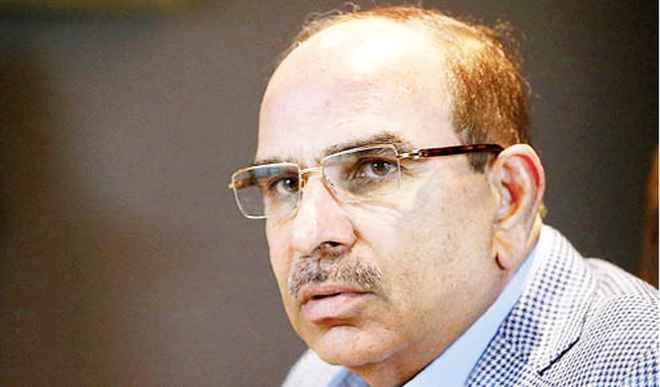Bahria Town: Asia’s largest private estate company’s lesson for Nigeria
One of the highlights of a recent trip to Pakistan is a visit to Bahria Town in Karachi, the country’s commercial capital. Just as Lagos was Nigeria’s former political capital, Karachi was also Pakistan’s former capital and a port city just like Lagos. It is on the outskirts of the Pakistani metropolis of about 20 […]


One of the highlights of a recent trip to Pakistan is a visit to Bahria Town in Karachi, the country’s commercial capital.
Just as Lagos was Nigeria’s former political capital, Karachi was also Pakistan’s former capital and a port city just like Lagos.
It is on the outskirts of the Pakistani metropolis of about 20 million inhabitants that one of the country’s richest men, Malik Riaz, is building an impressive town that is more like a city over an area of 178 square kilometers, the equivalent of 16,000 hectares to house a million inhabitants.
The project, which is expected to cost over a billion US dollars, is just three years old, and has already delivered more than 100,000 villas, apartments and town houses.
The concept of Bahria Town, Karachi, is that of a gated community, somewhat similar to Gwarinpa in Abuja that was built by the Federal Housing Authority during the Abacha regime on a little over 1000 hectares. While Gwarinpa is designed as residential area, and is currently facing the challenge of businesses taking over major streets, from the onset, the Bahria Town model sets out to provide all the needed services from hospitals to schools, worship areas, zoos and other amusement parks, cinemas, offices, shops etc within the township.
The unique thing about Bahria Town is that everything is on a grand scale. The main boulevard already constructed is patterned on Dubai’s widest road, the Sheikh Zayed road. They also have what is said to be the biggest dancing fountain in South East Asia that is already in operation. The town also boasts of a theme park that has some of the biggest rides in the world about to be test run.
For golf lovers, an 18 holes golf course is already completed, while its accompanying 5 star hotel is still under construction. A 300 bed hospital is already at work and the town’s zoo has hundreds of animals already in place.
The ambitious Bahria Town also has Tauheed Square fashioned after Trafalgar Square in London aside from mock Roman columns that adorn a side of the main boulevard. For the spiritually minded, construction is ongoing for the Grand Jamia mosque that aims to be the 3rd largest mosque in the world, complete with a university and museum.
In a delegation of seven Nigerians, we were all dazzled by the speed with which the project is being executed by a team of tens of thousands of workers some of whom are at work in a 24 hour shift. Our visit stretched into the night where we saw the whole town lighted up, witnessed the dancing fountain and learnt that it has its own separate 500MW power plant.
Seeing the beauty and well laid nature of Bahria Town, my mind went immediately to the President Goodluck Jonathan era and the Anyim Pius Anyim-led effort to build a Centenary city in Abuja through an audacious public private partnership which never took off the ground.
According to its website, the Centenary city will take four years to build and will be like Dubai and Monaco with tax laws and others not applying to it. Nearly 10 years since its initial conception, the idea is yet to complete a single building aside from the trade mark, the address signage, visible from the road to the Abuja airport.
The Pakistani model is not without its own controversy, such as its acquisition of such vast land and the founder’s closeness to the country’s military establishment, but which have not hindered its take off.
That model which is also targeted at the upper and middle classes, suggests that Pakistan has more of that category of aspirational citizens who could buy properties at costs ranging from over 70,000 to more than a million dollars.
Nigeria’s property developers could well learn a thing or two from the Bahria Town model that has made its founder and son of a bankrupted business man, Malik Riaz, one of Pakistan’s richest men.
